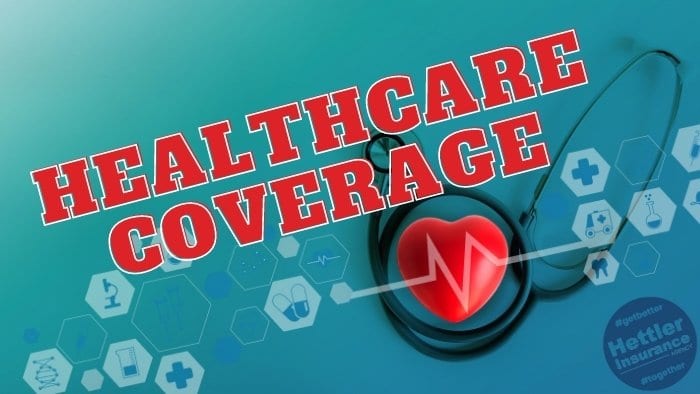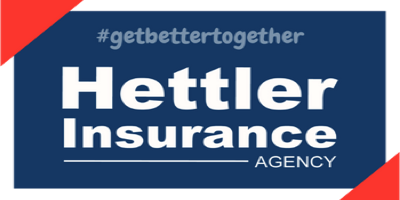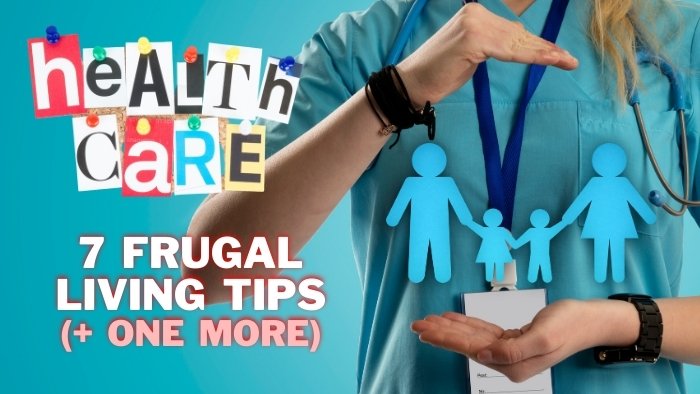
Who needs health insurance? The fact is: health insurance makes healthcare more accessible and affordable. Yes, this includes preventive services like regular check-ups with your doctor and health screenings.
(By the way, Open Enrollment for health insurance is Nov. 1st – Dec. 15th)
For example, in 2019, only one-third of the U.S population’s uninsured citizens set up a preventive service visit with a doctor. In contrast, during that same year, 74% of adults with health insurance got in to see their doctor for a preventive visit.
Do you have insurance? Do you have a policy that doesn’t meet your needs? Then, you must learn more about healthcare coverage so you can find a policy that covers your needs within your budget.
Answer the following important questions, below, when seeking health insurance:
1. Do you understand the Affordable Healthcare Act (a.k.a. Obamacare)?
The Affordable Healthcare Act aims to make health insurance more accessible for more people by extending Medicaid coverage. The Act looks to require insurance providers to offer coverage to buyers regardless of pre-existing health conditions. The Act also puts in place a marketplace where you can shop for insurance policies.
– On a side note, originally this law also forced people to purchase healthcare. If you weren’t insured, the government charged you a fine when you filed your income taxes. That fine amount started about $95 or 1% of your income (depending on which is greater) and it went up each year. That fine was eventually stopped.
2. Are you eligible for Medicaid or Medicare?
You’re eligible for Medicare if you’re over the age of 65 and have been paying Medicare tax for at least 10 years. Medicaid coverage is available on a state level, so the requirements are determined by where you live.
– Even if you’re eligible for Medicaid or Medicare, you can still buy additional coverage if you think these programs don’t quite meet your needs.
– The Affordable Care Act sets the minimum income for Medicaid eligibility at 133% of the federal poverty level. However, your state may offer coverage to people who earn more.
3. What if you don’t qualify for Medicaid or Medicare?
– Under the age of 24? Your parents can include you on their policy.
– You can buy insurance at Healthcare.gov and maybe qualify for other subsidies.
– You might also receive coverage through your employer.
– Also, you could also find other personal policies other than Healthcare.gov or your employer.
4. What factors influence your health insurance premiums?
Your premiums are based on how likely you are to need coverage for medical expenses. These are the factors healthcare insurance providers look at:
– Your age. Buy healthcare coverage while you’re young and healthy. It helps you get lower premiums.
– Your location. The cost of living in your area can affect your premiums.
– Smoking. Using tobacco could result in your premiums being 50% higher than the premiums offered to a non-smoker.
– The type of plan you purchase. Premiums are higher you choose a lower out-of-pocket amount.
5. What factors should you consider when choosing a policy?
It’s important to choose a health insurance policy that corresponds to your needs and budget. Consider these factors before buying health insurance coverage:
– Monthly premiums. This corresponds to the amount you will have to pay on a monthly basis to receive coverage.
– Deductible. This is your portion of your medical expenses – before your insurance even starts to cover your expenses. Most policies include a co-pay for doctor appointments and a larger deductible if you need surgery or another expensive form of treatment.
– Amount of coverage offered. What percentage of your medical expenses will the insurance company pay? Is there a maximum amount?
– Reputation of your health insurance provider. Choose a company with good reviews. Your insurance provider should value customer service and process claims quickly and efficiently.
Conclusion:
There are many downsides to not having healthcare. Like not being able to do screenings for a number of health conditions. And, being unable to schedule regular check-ups with your doctor. Should you become ill or injured, you would end up with huge medical bills.
A more important question to ask yourself might be, “Can I afford Not to have health insurance?”




